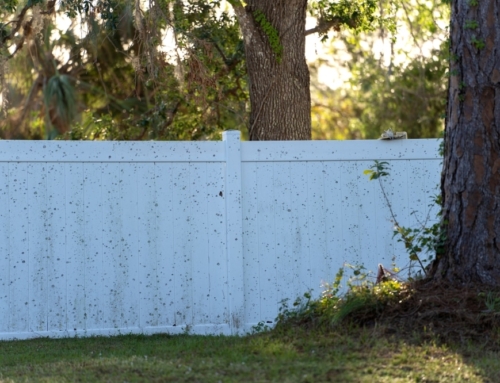When using extension cords in your home, you’re putting yourself and your family at risk for electric shock, which occurs when someone comes into direct contact with electric current. Electric shock, which can result in burns, can occur when cords are used improperly.
To ensure that no one in your household receives an electric shock, follow these tips from CableOrganizer.com, a company that sells products to help consumers manage the abundance of technology wires in their homes.
Paul Holstein, chief operating officer of CableOrganizer.com says, “it’s imperative to know that just because a particular cord is long enough, it’s not necessarily the right one for the job. Many erroneously believe length is the only characteristic that sets one extension cord apart from another, but there’s far more to be considered.”
To reduce the risk of electric shock, check that the extension cords you’re using outdoors are manufactured to resist the elements. Most indoor extension cords have a thin coating over the cable and they should only be used inside your home. When the coating on an extension cord wears thin, the risk of electric shock increases.
Children’s curiosity often results in a nasty electric shock. Block any unused sockets with outlet covers to prevent your children from injuring themselves through electric shock. Remember that extension cords draw electricity as long as they’re plugged in, even if there’s no device in use at the other end. Unplug unused extension cords to reduce the risk of electric shock.
If the prongs on a plug don’t fit into an outlet, don’t cut or file them. Altering a plug puts you at risk for electric shock. Instead, call an electrician and have the old outlet replaced so you won’t have an incident of electric shock.
Underwriters Laboratories tests and approves extension cords for consumer safety. Buying a UL-approved extension cord will reduce your risk of electric shock. Another way to prevent electric shock is to store your cords properly. Storing extension cords indoors instead of in a garage or shed will keep them dry and in good shape.
The best way to avoid electric shock is to make sure you’re using and storing your cords in the proper manner.
For more stories on consumer safety, real estate and personal finance visit ThinkGlink.com.
July 30, 2008.






Leave A Comment